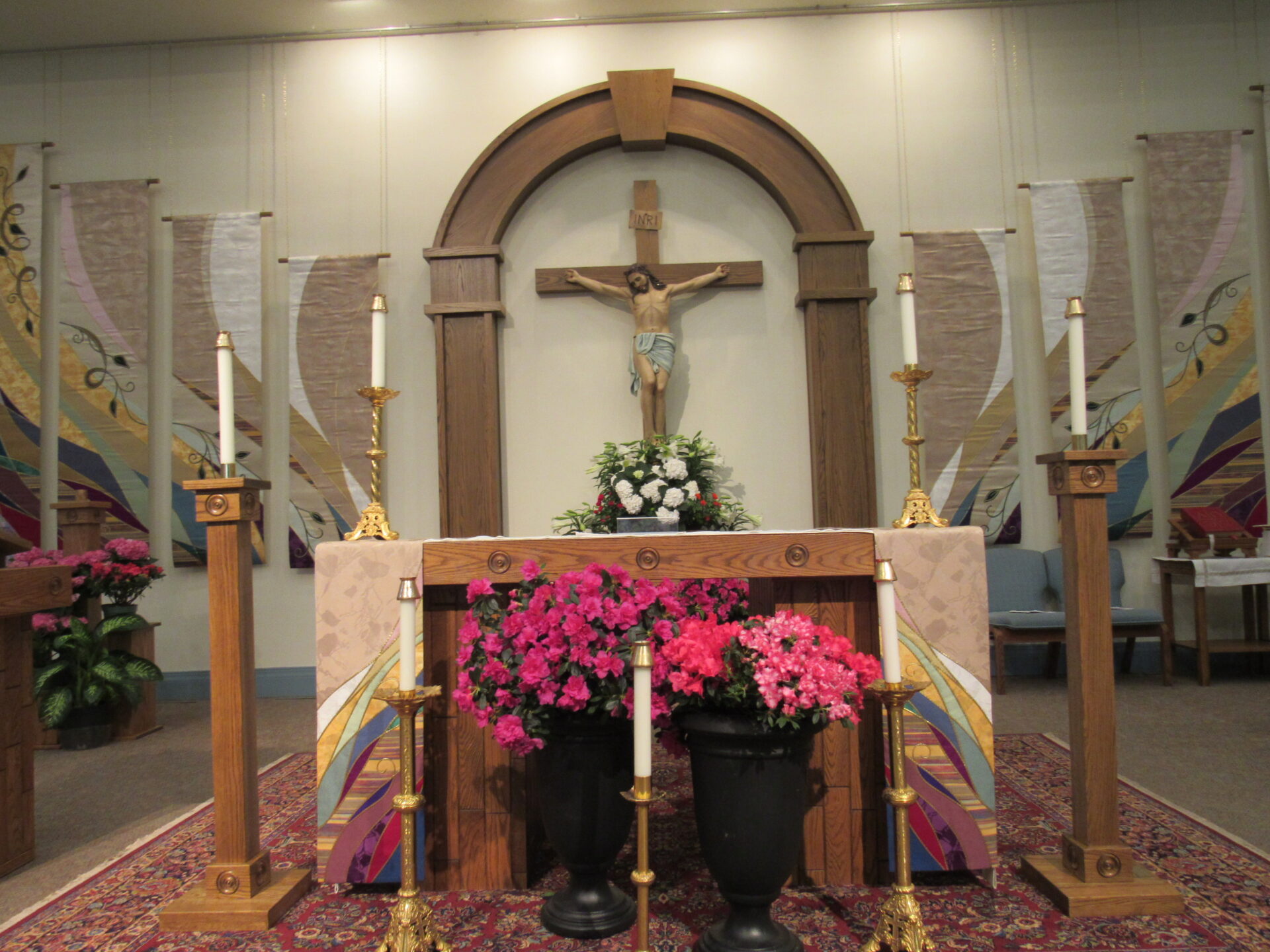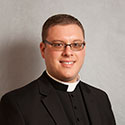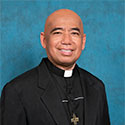Mass Schedule

Mass Schedule at St. Mary, Mother of God Parish, Yatesboro
Daily Masses
Tuesday & Thursday: 8:30 a.m.
Weekend Masses
Saturday: 6:00 p.m.
Sunday: 11:00 a.m.

Mass Schedule of our Partner Parish of St. Mary, Our Lady of Guadalupe, Kittanning
Daily Masses
Monday & Friday: 8:00 a.m.
Wednesday: 7:00 p.m.
Weekend Masses
Saturday: 4:00 p.m.
Sunday: 9:00 a.m.
2024 Diocesan Lenten Appeal

Your donation will support many important
ministries in the Diocese of Greensburg
including the wonderful ministry of our
international priests.
This year, with the help of your donation,
we hope to provide for the
much-needed improvement to the landscaping
surrounding the parish hall.
Total Pledges Received……………… $39,107
Percent of Diocesan Goal ($24,596)…. 159%
Percent of Parish Goal ($44,596)………. 88%
Participating Households – 120 (294)……. 41%
Thanks to the generosity of 120 parish families, our parish has reached our Diocesan goal. 100% of new gifts now remain in our parish!
If you haven’t had the opportunity to donate,
please Prayerfully Consider Participating
in the 2024 DLA.
Completed pledge cards may be returned by mail or placed in the collection basket at Mass.
2024 Regional Vacation Bible School

Online Giving
Thank you for your generous support of our parish through your donations made during Mass, through Online Giving and by mail. Your contributions assist us in taking care of many financial obligations we have in order to sustain our parish mission and ministries. Thank you for your continued support of our parish!

Katherine E. Fear Memorial Fund Scholarship

The Katherine E. Fear Memorial Fund Scholarship is a non-renewable scholarship of $1000. offered to a graduating high school senior who plans to further their education, seeking a four-year degree.
Completed applications and essays must be submitted by April 19, 2024 to:
Katherine E. Fear Memorial Fund Scholarship
c/o Saint Mary, Mother of God Parish
P.O. Box 327 – 109 Second Street
Yatesboro, PA 16263
Sign Up for FORMED

Registering for FORMED is easier than ever:
- Go to formed.org/signup
- Select your parish by entering name, city and/or zip code
- Enter your name and email address
- Check that email account for a link to begin using FORMED
Clergy

